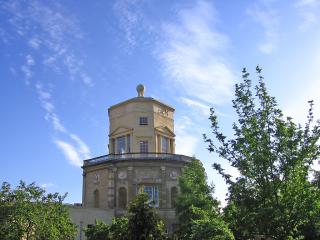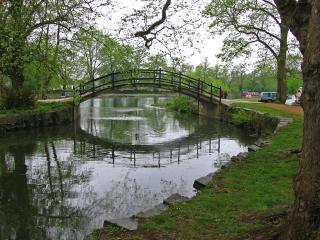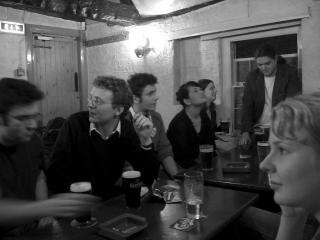With a few weeks left before exams and about a month left before leaving Oxford, I find myself thinking backward and forward more than in the present. As such, even though I have every reason to be quite busy, I am feeling somewhat in the lurch. Those bits of life that feel most immediate don’t have anything to do with the M.Phil program. Actually, now that seminars have ended, I rarely see any members of the group aside from the ones I live with and a couple of others who are neighbours. I am looking forward to our post-exam barbecue on the 14th as the last instance in which I am likely to see more than a dozen of the program’s twenty-eight members in one location together.
Thinking back to the first few months in Oxford is unusual. They seem much more alien to me than the last year, as well as any of my time at UBC. To begin with, I was living in Library Court. I was eating bagels and cheese, more than anything else. I was spending quite a bit of time in pubs, as that seemed to be the major venue for social interactions. Largely on the basis of where I am living now, life has a much more normal and natural feeling. As revision has been showing, even the material that I was working through back then has become rather unfamiliar in the interim. It would be hard to say with certainty whether a paper I wrote in October 2005 was actually written by me, or by someone with the same reading list and a similar style of writing and analysis.
In any case, I am looking forward enormously to knocking off the last few academic items that need to be completed in Oxford. I am hoping that I will then have the chance to focus on what has been best over the last two years. I certainly hope that I will get to try punting at least once before departing, as well as see some of the friends who have been fixtures of life at various times, but who I now hardly ever see.






